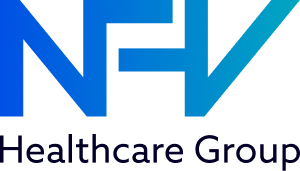The healthcare sector is a complex web of services, specialties, and finance. One often-underrecognized yet essential function in healthcare service delivery is Revenue Cycle Management (RCM). Managing revenue well is crucial for healthcare organizations. It helps with financial stability and ensures smooth operations for patient care and organizational growth. Here is why you should consider it a must for your company.
What is Revenue Cycle Management (RCM)?
Revenue Cycle Management (RCM) is the financial process that facilitates a patient’s encounter, from scheduling an appointment to final payment of a balance. At its core, RCM effectively and efficiently manages claims processing, payment, and revenue generation. RCM encapsulates everything from determining patient eligibility and collecting co-pays and deductibles to managing billing and submitting claims. It’s a critical function driving the financial health of healthcare providers.
Why is RCM Important for Healthcare Organizations?

Healthcare organizations prioritizing RCM reap many benefits that directly influence their financial health and patient service efficacy. Here’s why every hospital, clinic, and healthcare facility should make RCM a top priority.
Improved Cash Flow and Financial Stability
Efficient RCM processes guarantee expedited payments and a steady cash flow, both pivotal to an organization’s financial stability. Focused efforts on reducing Accounts Receivable days and preventing revenue leakage can help to provide a predictable and sustainable income stream.
Reduced Administrative Burden and Staff Workload
Streamlining RCM can significantly reduce the administrative burden on staff. Technology-aided billing and coding automation reduces errors and frees administrative staff to focus on higher-value tasks, increasing job satisfaction.
Increased Efficiency and Faster Reimbursements
An optimized revenue cycle directly translates to swifter reimbursements. This acceleration in healthcare claims processing time can substantially reduce billing backlog, optimally aligning resources with patient care.
Minimized Claim Denials and Improved Revenue Capture
Healthcare facilities often lose significant revenue due to claim denials. Robust RCM systems can minimize these denials by ensuring accurate submission and prompt follow-up on unpaid claims, ultimately improving revenue capture rates.
Enhanced Patient Experience with Clear Billing Communication
Transparent and understandable billing practices are at the core of patient satisfaction. With his medical billing and coding, RCM that directs patient communication strategies can clear up billing confusion, leading to satisfied patients and potentially increased loyalty.
Use Statistics and Data To Quantify the Positive Impact of RCM
The benefits of RCM are not just theoretical; concrete data supports its positive impact on healthcare organizations. A Medical Group Management Association study found that practices with above-average RCM have a 7% higher patient satisfaction rate and a 5% lower cost per claim. Additionally, according to research conducted by the Advisory Board, efficient RCM can increase revenue capture by up to 11%.
Benefits of Effective RCM
In an era where healthcare is increasingly being pushed into a more consumer-centric model, effective RCM is not just an option; it’s an imperative. Modern healthcare providers’ complexities and challenges emphasize the need for effective RCM strategies.

Complexities of Insurance Coding and Billing Regulations
Billing for healthcare services involves an intricate dance with payers. Navigating the labyrinthine coding systems and staying abreast of the constantly evolving billing regulations is a task that requires dedicated expertise and ongoing training.
High Rate of Claim Denials and the Appeals Process
Claim denials delay revenue and invoke the need for an appeals process, which can further deplete resources. A high denial rate often points to fundamental issues within the RCM process that need to be addressed.
Increasing Patient Deductibles and Out-of-Pocket Costs
With the rise in high-deductible health plans, the financial responsibility of care is shifting to patients already shouldering increased out-of-pocket costs. An RCM strategy must include patient-centric collection practices to minimize bad debt and improve collections.
Labor Shortages and Competition for Qualified RCM Staff
The healthcare industry is not immune to labor shortages, and the RCM sector is no exception. Competition for skilled RCM staff is fierce, necessitating innovative recruitment, training, and retention strategies.

Leveraging Technology in Revenue Cycle Management
Technology is a game-changer for RCM in healthcare. HEART can manage patient claims from the first encounter to final resolution, integrating seamlessly with your existing systems to enhance performance and transparency.
HEART is robust healthcare account management software that caters to your facility’s specific needs. Its all-inclusive health system management solution is designed to streamline and systematize the transition of self-paying patients to federal, state, or local entitlement programs.
Trust Us As Your Partner
The revenue cycle is the heartbeat of any healthcare organization’s financial structure. From patient collections and admissions to discharge, meticulous administration and strategic planning care are required. The importance of RCM in healthcare organizations cannot be overstated.
For more insights on RCM management and how it directly affects the day-to-day operations of your healthcare practice, contact us at NFV Healthcare Group. Our team of experts can guide you through the intricacies of RCM and help your organization thrive in the healthcare environment.

